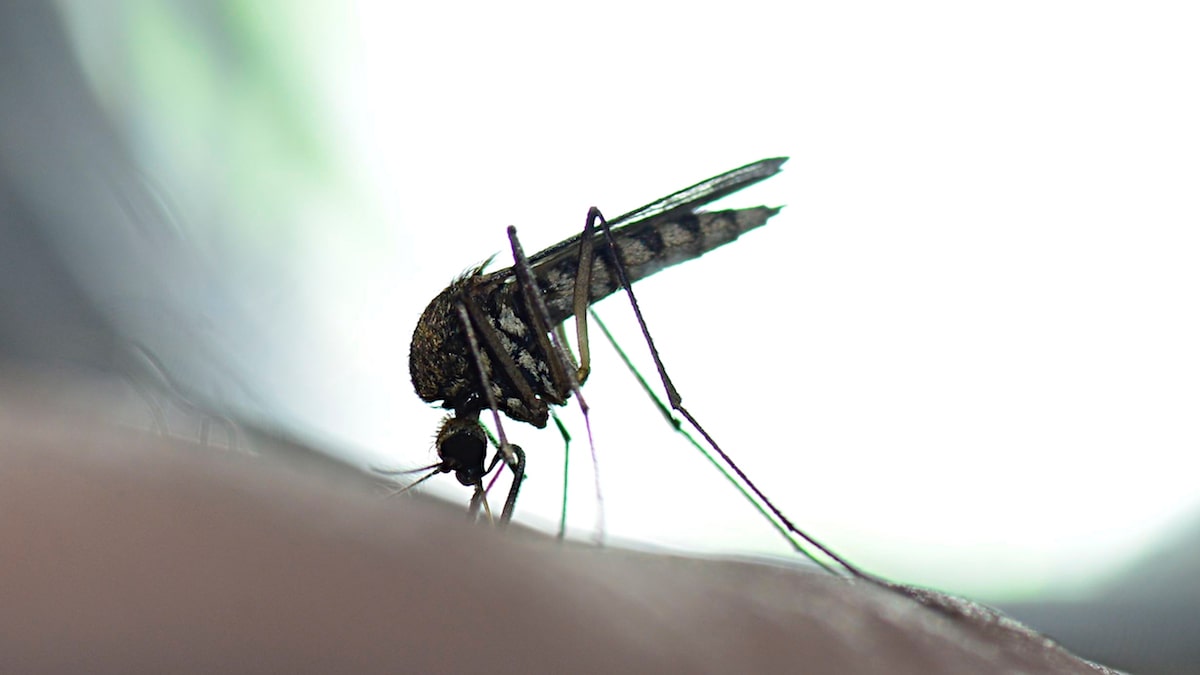It’s still COVID-19 season, but now it’s also Eastern equine encephalitis season after mosquitoes trapped in Stonington tested positive for the rare viral disease.
The mosquitoes, trapped Aug. 5 at Stonington High School, are the first in the state this season that tested positive. Last year, four human EEE cases, resulting in three deaths, were reported in the state. Only about seven cases are reported nationally each year. There’s no vaccine or treatment.
The Connecticut Agricultural Experiment Station, which tests mosquitoes trapped around the state, last month reported the first mosquito this season infected with West Nile virus. The insect was trapped July 8 in Newington. Infected mosquitoes also have been identified in Bridgeport, Darien, Greenwich, Guilford, Norwalk and Stamford.
Neither EEE nor West Nile is contagious. You cannot get either virus from an infected person.
Public health officials are urging state residents to protect themselves from mosquitoes, which transmit the disease, and limit outdoor activity in the twilight hours.
“Certainly the more mosquitoes there are, the more risk there is,” says Dr. Virginia Bieluch, an infectious disease specialist at The Hospital of Central Connecticut. “But I think everybody should be taking precautions. If you don’t need to sit outside at dusk you probably want to avoid it right now.”
How EEE and West Nile Virus Spread
Mosquitoes can get either virus after biting an infected bird. Mosquitoes sometimes transmit the virus to horses and other animals, but rarely to humans. West Nile, first identified in the United States in 1999 in Queens, N.Y., is passed by mosquitoes from bird to bird. Sometimes, a mosquito will infect humans or animals.
What Are EEE and West Nile Virus Symptoms?
Both diseases start with headache, fever and body aches. West Nile characteristics can include enlarged lymph nodes and a rash on the chest or stomach. Severe cases of EEE include encephalitis, or swelling of the brain. As it progresses, EEE can cause disorientation, seizures and coma. About a third of EEE patients die from the disease. Survivors can have mild to severe brain damage.
State public health officials say it takes from four to 10 days after a bite from an infected mosquito to develop symptoms.
From 2010 through 2019, Massachusetts (22) and Michigan (17) reported the most cases of EEE. From 1999 to 2018, California (6,801), Texas (5,558) and Colorado (5,526) reported the most cases of West Nile.
How to Protect Yourself from EEE
All the rules of mosquito-bite avoidance apply here. Remember that mosquitoes carrying West Nile or EEE reach peak activity just after dawn and an hour before dusk. Insect season lasts until the first frost.
Some tips from the Centers for Disease Control and Prevention:
Use Insect Repellent: Look for one of these active ingredients: DEET, Picaridin, oil of lemon eucalyptus, IR3535, para-menthane-diol or 2-undecanone.
Wear long-sleeve shirts, long pants: When extra protection is needed, treat clothing with permethrin, an insecticide that kills or repels mosquitoes. (Do not spray directly on skin.)
Control mosquitoes: Make sure screens on windows and doors have no tears and use air conditioning. Eliminate standing water, where mosquitoes lay eggs. That includes flower pots, buckets and planters. Change water in birdbaths at least twice and check gutters for blockages and backed-up water.
If you’re concerned about a mosquito bite, visit your nearest Hartford HealthCare-GoHealth Urgent Care. To make an appointment, call 860.698.4303 or check in online by clicking here.
Not feeling well? Call your healthcare provider for guidance and try to avoid going directly to an emergency department or urgent care center, as this could increase the chances of the disease spreading.
Click here to schedule a virtual visit with a Hartford HealthCare-GoHealth Urgent Care provider.
Stay with Hartford HealthCare for everything you need to know about the coronavirus threat. Click here for information updated daily.
Listen and subscribe to Hartford HealthCare’s More Life series on Apple Podcasts by clicking here.
Stay fit. Stay happy. Stay healthy. And keep on top of COVID-19 with Hartford HealthCare’s daily text alerts. Subscribe by texting MoreLife to 31996.

